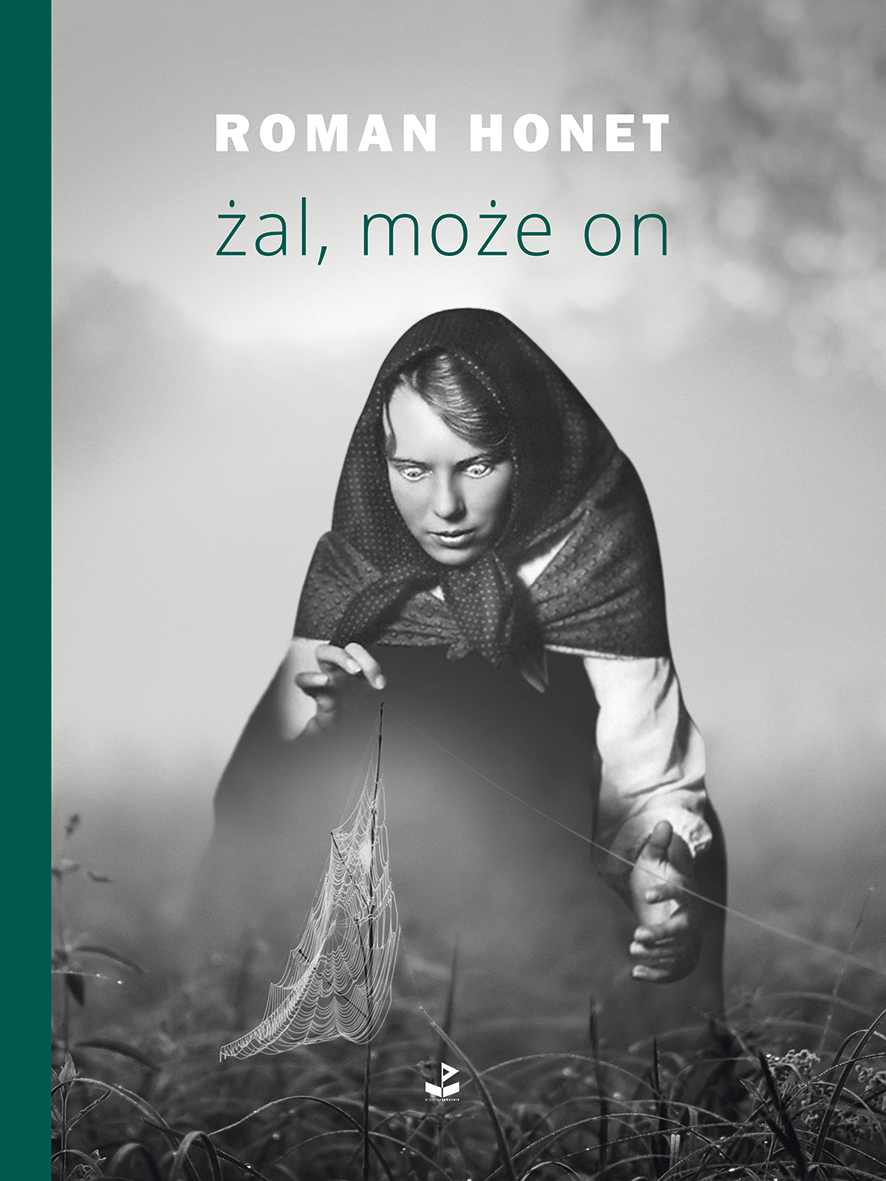Contemporary laments crafted in precise language

Contemporary laments crafted in precise language

(For excerpt in Spanish, please, scroll down)
Agata’s dream
a woman was carrying a bundle,
in the bundle were dead children
and a wooden head, a memento.
a wooden bell. at times what you need to know about a dream
is what you know about death – inside that head,
slanting script, the selling of rags
and belongings, abrupt struggle with relief,
drunkenness, but that’s another map,
equally kind. like a fin
before it emerges from water,
takes the shape of papillary lines
and starts counting coins in the pockets. or
else – she’s not
in my eye, looking, smooth,
as if i bought the eye in a shop
and stuffed dirt into it, that history
of the most difficult translation:
i – you.
accidental discovery:
people die.
on the astronaut smashed into the hawthorn
you messed-up man lying on the grass, you’re back,
in your squinting eyes no more satellites –
extinguished. They,
the observers of always the same year,
the same evening
and this hour falling over you – yesterday,
running up with complaint or distress –
they found you in the hawthorn, on the grass,
and asked:
what did you see? speak!
and you spoke from the hawthorn: I saw,
there’s no other darkness before us
night’s blueprint of me
and dying i’d be afraid of three things:
that which was always as if beyond me,
that one day i’ll be claimed by another speech,
and that i’ve lived exclusively for myself,
but night, in which absentmindedly i dipped my hands
was the beginning and end of not my body
and it invented a blueprint of me –
in the night there’re several me’s
Translated by Elżbieta Wójcik-Leese
***
LÁSTIMA, TAL VEZ ELLA
pensamiento de la noche para mí
y al morir, tendría miedo de tres cosas:
lo que siempre ha estado como fuera de mí,
que venga después de mí otra lengua,
y que haya vivido solo para mí,
y la noche en la que hundí las manos por descuido,
fue el principio y el fin no de mi cuerpo
y tenía un pensamiento para mí:
en la noche hay varios yoes
el sueño de agata
una mujer llevaba un fardo
y en ese fardo había niños muertos
y una cabeza de madera, un recuerdo.
una campana de madera. a veces es lo que te basta saber del sueño,
de la muerte; en medio de esa cabeza
una letra inclinada, la venta de los trapos
y de los bienes, tirones repentinos de alivio,
borrachera. pero esto es otro mapa,
también agradable. como una aleta
antes de que surja del agua
adopta la forma de las líneas papilares
y empieza a contar dinero en el bolsillo. o
de otra manera: ella no está
en mi ojo que mira, liso,
como si lo hubiese comprado en una tienda
y lo hubiese llenado de suciedad, esa historia
de la más difícil traducción:
yo – tú.
un descubrimiento fortuito:
la gente muere
sobre el astronauta estrellado en un espino
fracasado que estás en la hierba, has vuelto,
en tus entrecerrados ojos no hay satélites,
se apagaron. ellos,
los observadores de siempre el mismo año,
de esa misma tarde
y de esa hora abalanzándose sobre ti (ayer,
corriendo con una queja o una aflicción)
ellos te encontraron en el espino, en la hierba,
y preguntaron
—¿qué viste? ¡habla!
y tú dijiste desde el espino —lo vi,
no hay otra oscuridad ante nosotros
Traduccion: Xavier Farré
Selected samples
She climbed her first peaks in a headscarf at a time when women in the mountains were treated by climbers as an additional backpack. It was with her that female alpinism began! She gained recognition in a spectacular way. The path was considered a crossing for madmen. Especially since the tragic accident in 1929, preserved … Continue reading “Halina”
First, Marysia, a student of an exclusive private school in Warsaw’s Mokotów district, dies under the wheels of a train. Her teacher, Elżbieta, tries to find out what really happened. She starts a private investigation only soon to perish herself. But her body disappears, and the only people who have seen anything are Gniewomir, a … Continue reading “Wound”
A young girl, Regina Wieczorek, was found dead on the beach. She was nineteen years old and had no enemies. Fortunately, the culprit was quickly found. At least, that’s what the militia think. Meanwhile, one day in November, Jan Kowalski appears at the police station. He claims to have killed not only Regina but also … Continue reading “Penance”
The year is 1922. A dangerous time of breakthrough. In the Eastern Borderlands of the Republic of Poland, Bolshevik gangs sow terror, leaving behind the corpses of men and disgraced women. A ruthless secret intelligence race takes place between the Lviv-Warsaw-Free City of Gdańsk line. Lviv investigator Edward Popielski, called Łysy (“Hairless”), receives an offer … Continue reading “A Girl with Four Fingers”
This question is closely related to the next one, namely: if any goal exists, does life lead us to that goal in an orderly manner? In other words, is everything that happens to us just a set of chaotic events that, combined together, do not form a whole? To understand how the concept of providence … Continue reading “Order and Love”
The work of Józef Łobodowski (1909-1988) – a remarkable poet, prose writer, and translator, who spent most of his life in exile – is slowly being revived in Poland. Łobodowski’s brilliant three- volume novel, composed on an epic scale, concerns the fate of families and orphans unmoored by the Bolshevik Revolution and civil war and … Continue reading “Ukrainian Trilogy: Thickets, The Settlement, The Way Back”























































































































































































































































































